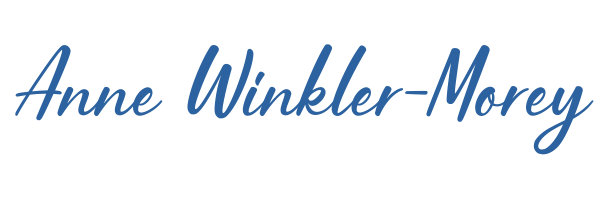
Below is an article I wrote 21 years ago, with some edits. At the time my byline read: Anne Winkler-Morey teaches History and Chicano Studies at the University of Minnesota and Macalester College.
_______________
APRIL 12, 2002 The Curses of Nationalism BY ANNE WINKLER-MOREY
I celebrate Yom Kippur, and Hanukkah, and I say the Kaddish for my father, changing words and rites to suit my internationalist ideology. Usually I celebrate Passover, but this year the matzoh and horseradish I bought a month ago are unopened. When I heard growing Israeli terror justified by biblical references, I could not bring myself to organize a Seder, even with all the good ideas and web sites providing alternative services.
To those of you who would call me a self-hating Jew because I oppose the Israeli government’s policy of terrorism and apartheid against the Palestinian people, let me say this right away before you do: I do not go to synagogue. I would like my child to have the experience, but I have not found one that does not advocate support for Israel.
I am not going to pretend that I spend my days reading the Torah or that my kitchen is a Kosher one, as do many who oppose Israeli policy. And it is none of your business what I think about G-d.
Yet I am Jewish. I am the child of a Holocaust refugee and the grandchild and great-grandchild of survivors of countless pogroms. This history, this heritage, explains much about who I am. Like many, it has led me to look at the world in such a way that I could not possibly support the Israeli government.
Like many, I cannot trace exactly where some of my ancestors come from. They were proverbial wandering Jews. My grandparents and great-grandparents on my mother’s side, who had more than one country of origin when they came to the United States, and my father’s forced exodus from his German homeland, makes it easier for me to eschew nationalism of any sort. I know the non-Jewish German people are made of the same stuff as all other humans, and that it was nationalism that led so many to embrace Nazism. I also know the German people felt like a besieged people, an oppressed people in the aftermath of World War I, when they voted for Hitler in 1933.
Nationalism is a handmaiden of racism. True, it can be liberating for an oppressed people, but it is an ideology that is not easily tempered. The Jewish experience should serve as a lesson for all. Nationalism is racism when it defines a good American as a flag-waving American and it is racism when it defines a good Jew as a one who stands by Israel right or wrong.
“Never Again” is a powerful idea, an idea echoed by holocaust survivors and their progeny. For some, it means “Never Again” for my people, e.g., Jews. For me and for many others, it is a powerful commitment: a calling to fight against oppression of any person anywhere. It mandates my support for Palestinian sovereignty, not because their nationalism is potentially any less dangerous than Jewish nationalism, but because in this case, they are the oppressed people.
In the United States and around the world, there is a Jewish tradition of internationalism, of radical dissent. It is a tradition born of the experience of oppression and often made tenable by access to educational and other material resources. For Jews like me looking for footsteps to follow, these ancestors provide a strong, viable, and self-loving alternative to the myopic ethnocentric tradition that has led so many Jews to support Israel “Uber Alles.” We are all products of our history, but we do have choices. I choose to follow the ancestors who have struggled for all humanity.
*****************************************************************************************************************************************
The Minnesota Daily published this in 2002, and Counter Punch reprinted it. After that it was translated into languages I couldn’t read, in publications I knew nothing about. (Google Translate was not yet available). That was as close as I have ever come to going viral. Soon after, I found myself on some hate lists, and people began showing up in my classrooms to harass me.
Twenty one Passover seasons later, Jews at the Wall Street Journal are asking their brethren to leave another cup of wine on the Seder table for Evan Gershkovich, currently detained in a Russian jail. I am wondering why we are not also called to leave a glass for Palestinian Journalists like Shireen Abu Akleh, killed by Israeli soldiers last May.
I care about Evan from the WSJ, but it is the murder of Palestinian journalists, the daily apartheid conditions in the holy land, that calls me to action as a Jew, an American and a human. As US taxpayers who foot the bill for Israeli militarism, we are required to act. As Jews we need to let the world know NOT IN OUR NAME.
I wish all who celebrate, a lovely and meaningful Seder. I will, on a later date, gather with friends, and we will break matzoh, share charoset and celebrate personal and global efforts to overcome oppression. Tonight, I have decided to be quiet. I’ll ask no questions, serve no matzoh ball soup, eat no roasted egg. I will not lounge on a pillow, dip bitter herbs in salted water, drink cups of wine. The curse of nationalism is what continues to plague me, and tonight, I just need to be quiet. I don’t know what else to do.
Anne Winkler-Morey taught college History and Ethnic Studies in Minnesota for 30 years. She is the author of Allegiance to Winds and Waters: Bicycling the Political Divides of the United States and the writer of the Minneapolis Interview Project.
